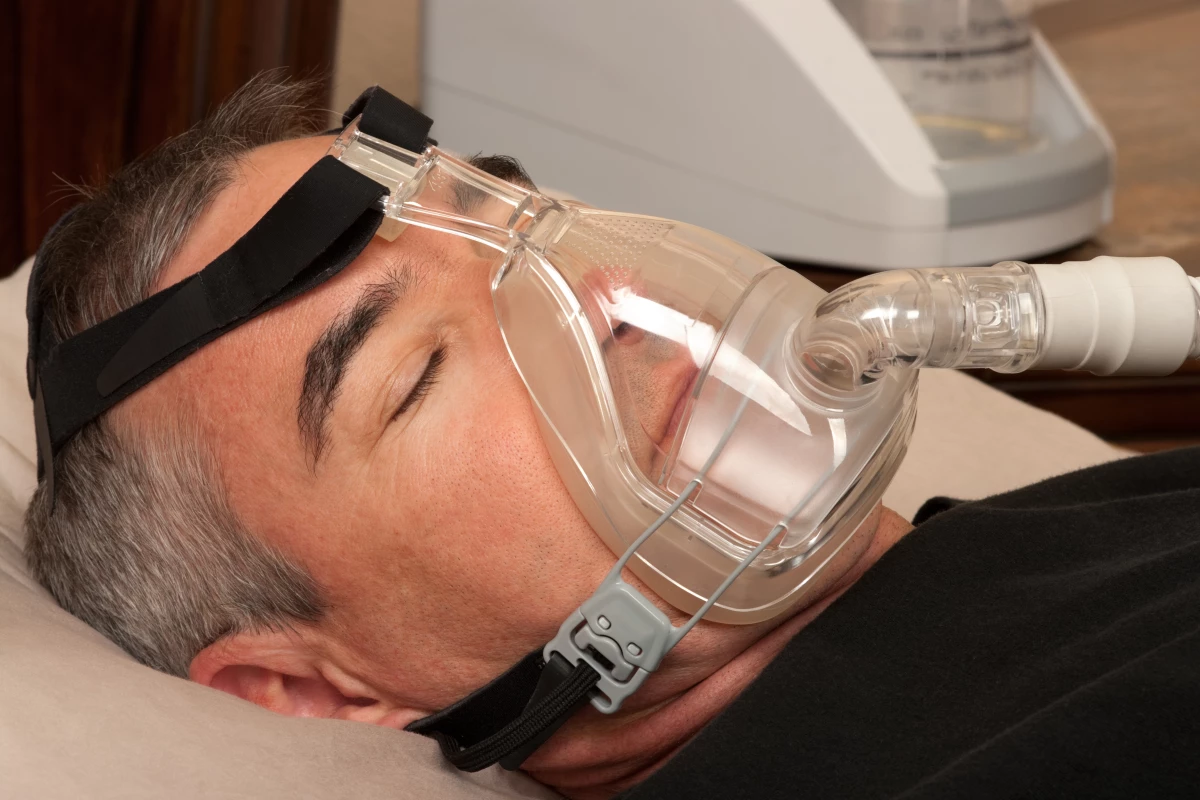New research in Nature Communications has strengthened the link between sleep apnea and dementia, by using novel preclinical models to demonstrate exactly how breathing disruptions during sleep can cause brain changes associated with Alzheimer's disease.
Researchers have long detected a consistent association between sleep apnea and several types of dementia. A systematic review published earlier this year solidified the correlation, finding sleep apnea "significantly" increased one's risk of Alzheimer's and Parkinson's.
But these consistent observational associations suffer from the classic "chicken or egg" problem. What comes first? Is sleep apnea contributing to the development of these neurodegenerative diseases, or is sleep apnea an early symptom of these conditions?
Brain imaging studies have found correlations between sleep apnea and toxic proteins in the brain commonly associated with Alzheimer's disease. Plus, research investigating post-mortem brain tissue from people with sleep apnea found pathological signs of neuodegeneration.
To try and better understand whether sleep apnea directly causes neurological damage, the authors of the new study developed a technique to model sleep disordered breathing in mice. The goal was to better replicate the key features of sleep apnea and investigate its effects on the brain in the absence of any other co-morbidities such as cardiovascular disease or diabetes.
"…we developed a novel way to induce sleep-disrupted breathing and found the mice displayed exacerbated pathological features of Alzheimer’s disease," explained co-author of the study Elizabeth Coulson. “It demonstrated that hypoxia – when the brain is deprived of oxygen – caused the same selective degeneration of neurons that characteristically die in dementia.”
Interestingly, the researchers found chronic sleep deprivation in mice did not induce the same pathological features as this kind of sleep disordered breathing, even though sleep deprivation did impair working memory. So, the conclusion of the study is that it seems likely sleep apnea is a risk factor contributing to the development of Alzheimer's.
Of course, the obvious follow-up question would be to ask whether actively treating sleep apnea can reduce a person's dementia risk. The most common treatment for sleep apnea is using a CPAP machine (continuous positive airway pressure), which prevents hypoxia during sleep.
“We couldn’t fit CPAP to mice, but we experimentally prevented the hypoxia and this stopped the cognitive impairment and neuron death, and also reduced the Alzheimer’s pathology,” Coulson said. “This suggests that CPAP treatment of obstructive sleep apnea has the potential to reduce dementia risk.”
Future research will be needed to better tease out the long-term brain benefits from using a CPAP machine. Coulson says these studies are underway, but in the meantime she recommends those with clinically diagnosed sleep apnea use CPAP machines just in case.
“Early stage human trials are underway with sleep clinicians in Brisbane and Sydney to determine the correlation between hypoxia and sustained cognitive impairment, and whether CPAP can reduce dementia risk," added Coulson. “I would strongly recommend anyone with obstructive sleep apnea use a CPAP machine to maintain cognitive function, as well as assist with other health issues.”
The new study was published in Nature Communications.
Source: University of Queensland




